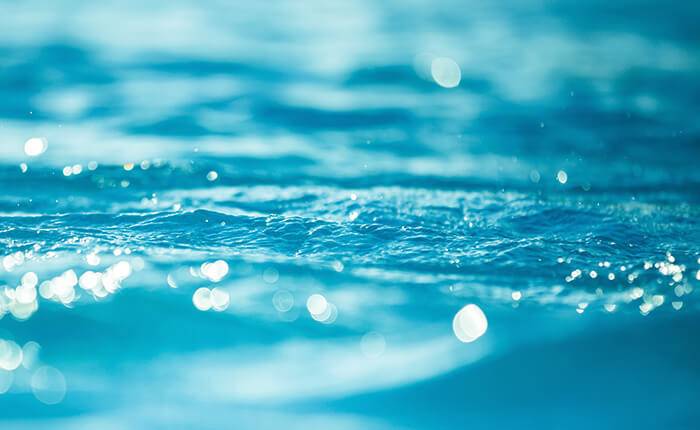Jul . 27, 2024 13:57 Back to list
Innovative Solutions for Efficient PVC Pipe Irrigation Systems in Modern Agriculture Practices
PVC Pipe Irrigation System Revolutionizing Water Management in Agriculture
Irrigation is a critical component in agriculture, playing a vital role in crop production and food security. The need for efficient water management systems has led to the development of various irrigation techniques, among which PVC (polyvinyl chloride) pipe irrigation systems stand out for their durability, versatility, and cost-effectiveness.
Understanding PVC Pipe Irrigation
PVC pipes are widely used in irrigation systems due to their excellent properties. They are lightweight, resistant to corrosion, and offer high tensile strength, making them an ideal choice for transporting water over long distances. The ability to withstand various environmental factors and chemicals also means that PVC pipes can be used in diverse agricultural settings, from vegetable gardens to large-scale farming operations.
Design and Functionality
A PVC pipe irrigation system consists of a network of pipes, valves, fittings, and sometimes emitters, all designed to deliver water directly to the plants' root zones. The system can be tailored to meet the specific needs of the crops being grown. Common configurations include surface irrigation, drip irrigation, and sprinkler systems.
1. Drip Irrigation This method involves delivering water directly to the soil through a network of tubing and emitters. It minimizes evaporation and runoff, which conserves water and enhances plant growth. PVC pipes serve as the main conduits in this system, ensuring consistent water delivery.
2. Sprinkler Systems These systems mimic rainfall, distributing water evenly across the fields through a series of pipes and sprinkler heads. The flexibility of PVC allows for easy configuration and adjustments to cover various field shapes and sizes.
Benefits of PVC Pipe Irrigation Systems
pvc pipe irrigation system

1. Water Conservation With global water scarcity becoming an increasingly pressing concern, efficient irrigation systems are necessary. PVC pipe irrigation minimizes water wastage by targeting the root zone of plants, which reduces evaporation and runoff.
2. Cost-Effectiveness The initial installation cost of PVC pipes is relatively low compared to other materials, such as metal or concrete. Additionally, their long lifespan and low maintenance requirements result in significant savings over time.
3. Ease of Installation and Maintenance PVC pipe systems are straightforward to install and require minimal expertise. Their lightweight nature allows for easier handling and transportation. Additionally, any necessary repairs can often be completed without the need for specialized tools.
4. Versatility Different agricultural practices can benefit from PVC pipe irrigation systems. Whether it’s a small-scale garden or a large farming operation, PVC can adapt to various uses, including full-field irrigation and specific crop requirements.
Challenges and Considerations
While PVC pipe irrigation systems offer numerous advantages, some challenges need to be addressed. PVC is sensitive to UV light, which can cause degradation over time. Therefore, efforts should be made to protect the pipes from direct sunlight, such as burying them underground or using protective wraps. Furthermore, excess pressure can lead to pipe bursts, so it is essential to properly manage water pressure within the system.
Conclusion
In conclusion, PVC pipe irrigation systems are a robust and efficient solution for modern agricultural practices. Their ability to conserve water, coupled with their cost-effectiveness, versatility, and ease of use, makes them an attractive option for farmers worldwide. As the need for sustainable agriculture grows amidst increasing environmental challenges, adopting efficient irrigation solutions like PVC pipe systems can play a pivotal role in achieving global food security while promoting sustainable water management. The future of agriculture undoubtedly relies on efficient solutions, and PVC pipe irrigation is at the forefront of this essential transformation.
-
Durable PP Rigid Sheet: Lightweight, Chemical Resistant Solutions
NewsAug.21,2025
-
PVC Grey Sheet for Extraction: Chemical Resistant & Durable
NewsAug.19,2025
-
Durable PVC Pipe Fittings for Plumbing & Irrigation Needs
NewsAug.18,2025
-
HDPE Steel Belt Reinforced Spiral Corrugated Pipe | High Strength
NewsAug.17,2025
-
HDPE Pipe Fittings: Durable, Leak-Proof Solutions
NewsAug.16,2025
-
Premium CPVC Sheet: High-Temp & Chemical Resistant Solutions
NewsAug.15,2025

